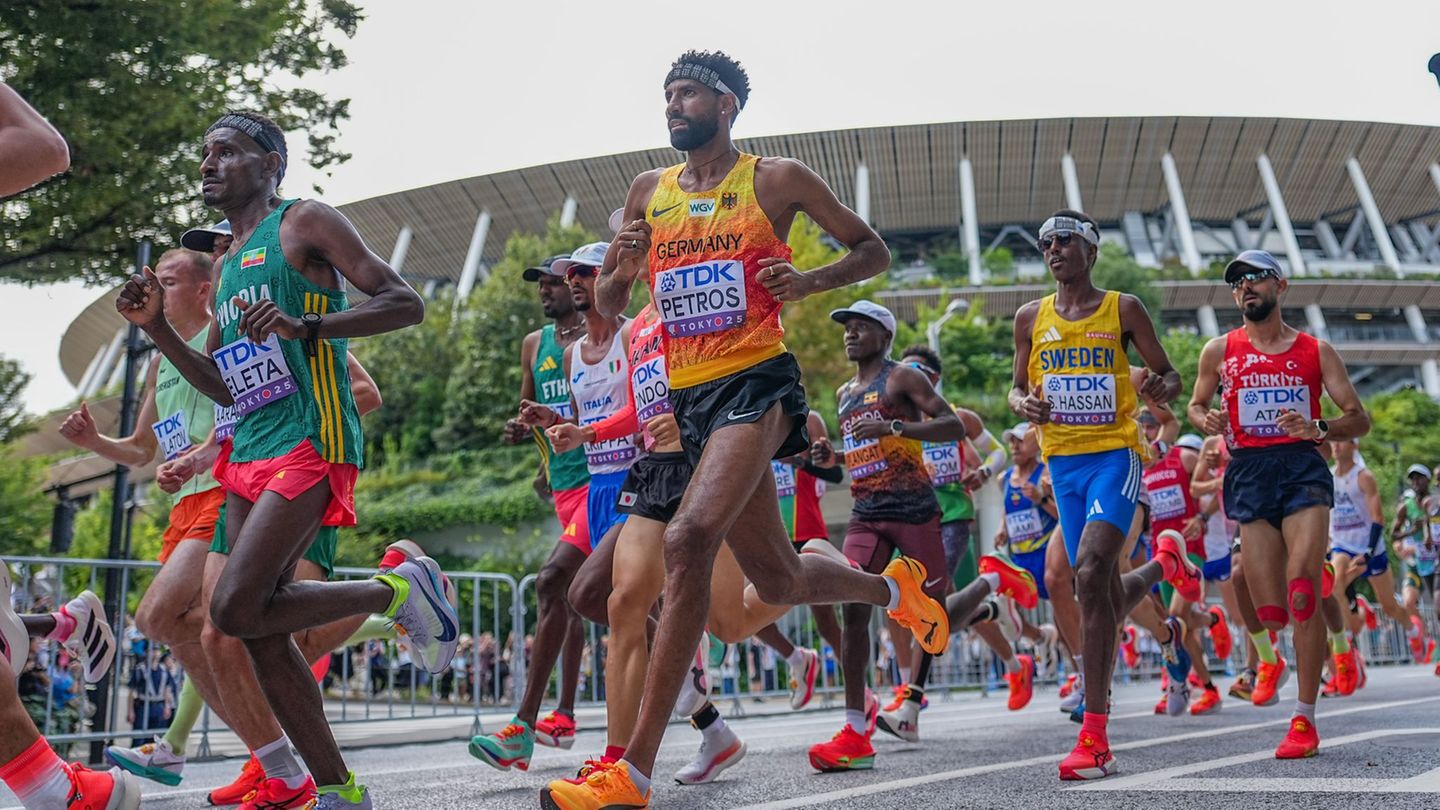The new flat rate for local and regional transport is EUR 49 per month. The new name: Germany ticket. What passengers can expect and what is open.
After the 9-euro ticket, the Germany ticket for buses and trains in local and regional traffic is now coming. It should cost 49 euros a month at the start – but could become more expensive over time. It seems open whether it will be introduced as by Federal Transport Minister Volker Wissing (FDP) on January 1st. The Association of German Transport Companies considers a start for open questions about March 1st. There are also debates about the price.
The federal and state governments had cleared the way for the ticket on Wednesday with an agreement on financial issues. Wissing spoke of the largest tariff reform in local public transport (public transport) in Germany. The public transport is now to be permanently attractive that the tariff zone jungle ends. Commuters in particular should switch from the car to buses and trains. This should also help to achieve climate goals. But is the previous offer enough to achieve the goals?
What exactly was decided?
In June, July and August, the 9-euro tickets enabled travel on buses and trains throughout Germany for one month. According to industry information, around 52 million were sold. Politicians and the transport industry rated this as a great success – also because the ticket was valid nationwide. So far there are many tariff zones and different offers.
Wissing made it clear that such an “extremely cheap tariff” could not be financed in the long term. Various price models were then discussed. In mid-October, the federal and state transport ministers agreed in principle on a 49-euro ticket as the successor to the 9-euro ticket.
There is now also an agreement on the financial issues. The federal government is permanently increasing regionalization funds, which the federal states use to order train and bus connections from the transport companies. The federal states had made this a condition that they co-finance the 49-euro ticket. The new ticket costs three billion euros. The federal and state governments each finance half of it. The federal and state governments want to talk about the further development of the regionalization funds and the Germany ticket for the period from 2025 at the end of 2024.
What exactly is planned?
The digital Deutschlandticket, which is valid nationwide, is available for an introductory price of 49 euros per month in a monthly cancellable subscription. For a transitional period, the ticket will also be available in paper form, said Oliver Wolff, general manager of the Association of German Transport Companies, on Thursday of the German Press Agency in Berlin. The digital channels would have to be prepared, that takes time.
The ticket could also become more expensive over time. According to the transport minister’s plans, “dynamisation” in the form of automatic inflation compensation is planned from the second year.
There is criticism that the regionalization agreed by the federal government was not sufficient. There are no funds in sight to expand capacity and quality of public transport, said Christian Böttger, from the Berlin University of Applied Sciences. Summer showed that the capacity of the railroad was exhausted on many routes.
The federal chairman of the ecological traffic club VCD, Kerstin Haarmann, explained: “In the cities, buses and trains are often overcrowded, in the country they run far too rarely.” An expansion offensive is needed.
When will the ticket be introduced?
“As soon as possible” – that’s what the resolution paper from the federal and state governments says. Wissing said the goal is to start at the turn of the year. Preparatory work had been done, but questions still had to be answered.
The transport companies, on the other hand, do not consider a start in January to be feasible. An introduction on March 1st is realistic, said Wolff. The ticket cannot be implemented in the short term. He also referred to legislative procedures. So there must be resolutions in the countries. In addition, the federal and state governments would have to improve the funding issues. You would have moved in a lid. But what happens if that’s not enough? Wolff therefore wants a so -called obligation to make ancillary obligation if the costs increase. The companies could not be burdened to implement the ticket decided by the federal and state governments and to put their own company into a massive imbalance.
To what extent are social graduations planned?
The chairwoman of the board of directors of the social association Germany, Michaela Engelmeier, praised the agreement. “Nevertheless, we maintain that not everyone can afford 49 euros. That’s why we continue to demand a 365-euro ticket.”
Wissing defended the price. “That is a highly attractive price. It is well below what most people pay for public transport today,” he told the “Rheinische Post” and the “Bonner General-Anzeiger”. In addition, the federal states are at liberty to grant further concessions, for example for trainee, student or social tickets.
Little will change for many users in the cities, said traffic expert Böttger. The price is in the area of today’s subscription prices in the cities. Large profiteers are passengers in the “bacon belt” who commute long distances and were rather not among the socially disadvantaged. “Your driving prices are falling significantly.”
Further questions are also open to the 49-euro ticket. The bicycle club ADFC demands that bicycles can be taken on local trains free of charge. However, it seems questionable whether this happens.
Source: Stern
Jane Stock is a technology author, who has written for 24 Hours World. She writes about the latest in technology news and trends, and is always on the lookout for new and innovative ways to improve his audience’s experience.




